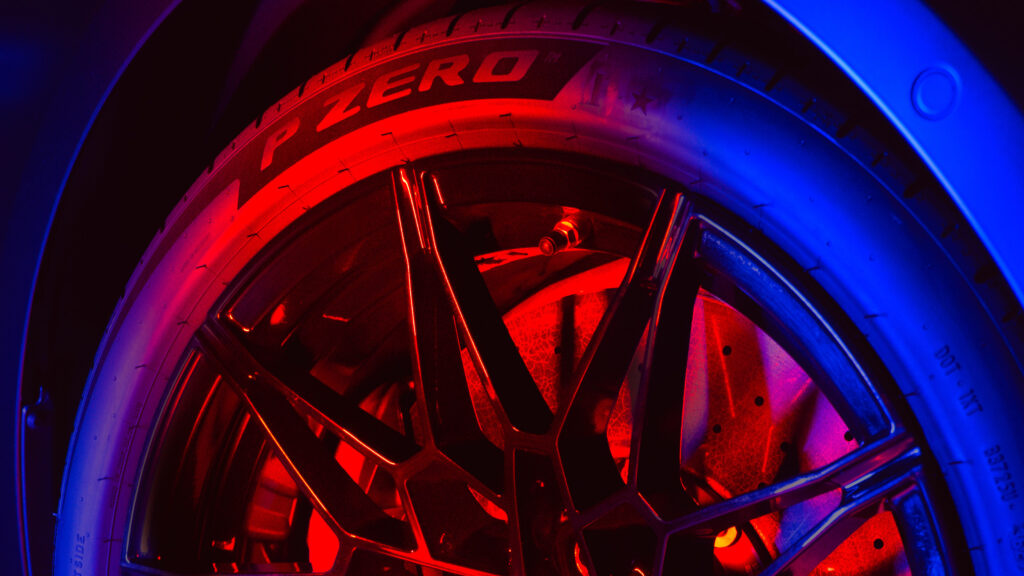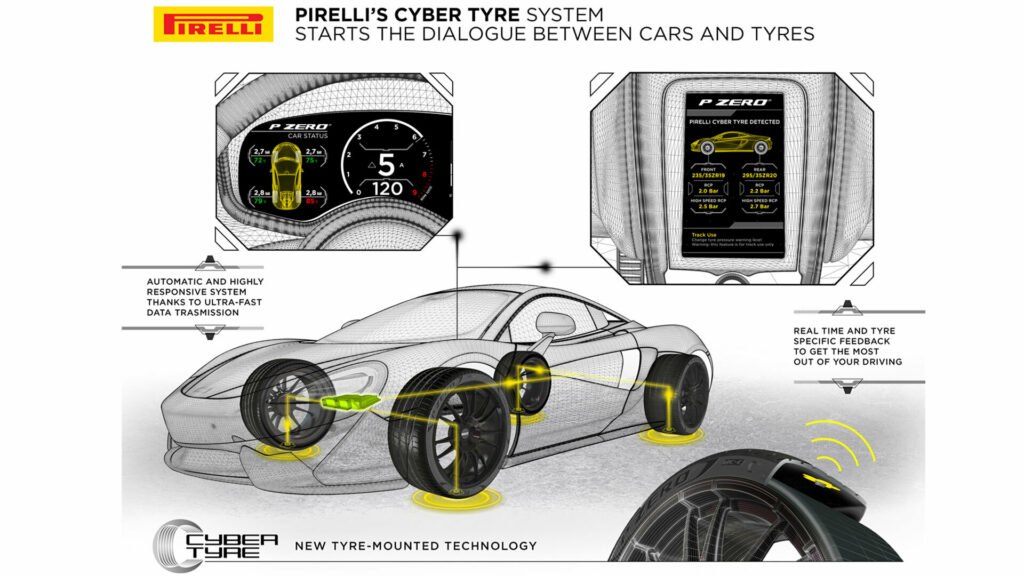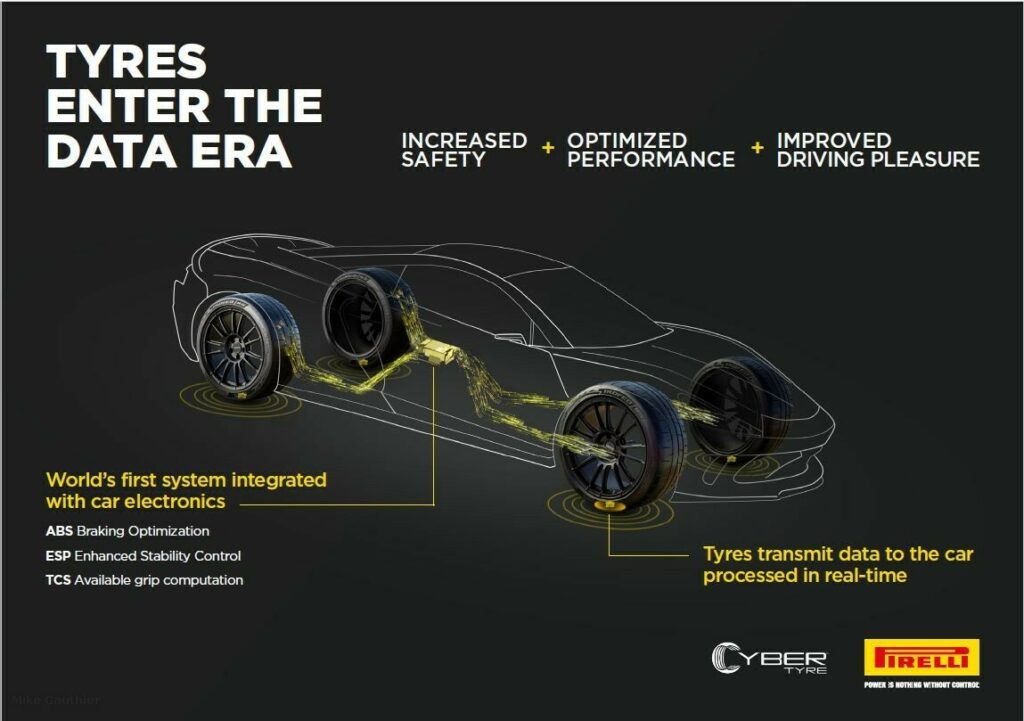Pirelli’s Road Ahead

There’s a bit of a tire drama unfolding, which sounds pretty intriguing, doesn’t it? The whole thing involves Pirelli and its advanced Cyber Tire technology, possibly facing a roadblock in the United States. The backdrop? A new rule by the U.S. Department of Commerce from earlier this year, aiming to restrict the sale and import of vehicles and tech from countries like China and Russia to tackle some national security concerns.
The Issue

This turns the spotlight on Pirelli, a tire company now 37% owned by a Chinese firm. Known for pushing tire technology, Pirelli launched its Cyber Tire tech not too long ago. These aren’t your standard tires – they’re smart, collecting tons of data on variables like pressure, temperature, and even the tire type, all thanks to an embedded sensor. Imagine driving a car that’s not just aware of itself but is also feeding vital information back to the car’s systems for better safety.
Data and Safety

The data from these tires isn’t just buzzing around aimlessly. Pirelli’s software processes this info right in the car, helping to adjust driver alerts and other electronic systems based on the exact tire specifications. It’s almost like having a personal tire gauge inside that keeps tabs on everything – neat, right?
What’s at Stake
But with the United States’ new rule poised to clamp down on Chinese tech within a few upcoming model years – software by 2027, hardware by 2030 – things get tricky. Automakers might have to jump through hoops to get exemptions for using Pirelli’s tech, which could make the roads a little less smooth for this kind of innovation.
Driving Experience
Now, for how it feels behind the wheel with these high-tech tires. While the Cyber Tire’s data-rich functionality makes driving a sharp, responsive affair, it’s still got to compete with other premium tires. It’s comparable to having a conversation with a naturally insightful friend compared to someone who just nods and hums. There’s real-time, tire-based feedback you wouldn’t experience with traditional tires, contributing to an all-around more informed and enjoyable drive.
Looking Ahead
The next few years will be telling for Pirelli and this technology as U.S. restrictions begin to take shape. Whether automakers can effectively lobby for exceptions or explore alternatives may redefine what high-tech tires look like on future American roads. For now, it’s a matter of waiting to see how these rules play out and the impact on cars equipped with tech-focused innovations.
Ford Maverick Price Spurs
BMW M2 CS Hits 523 HP
SUV Gamechanger Emerges
Speedy Bentayga Unveils
Kia's Rugged New Truck